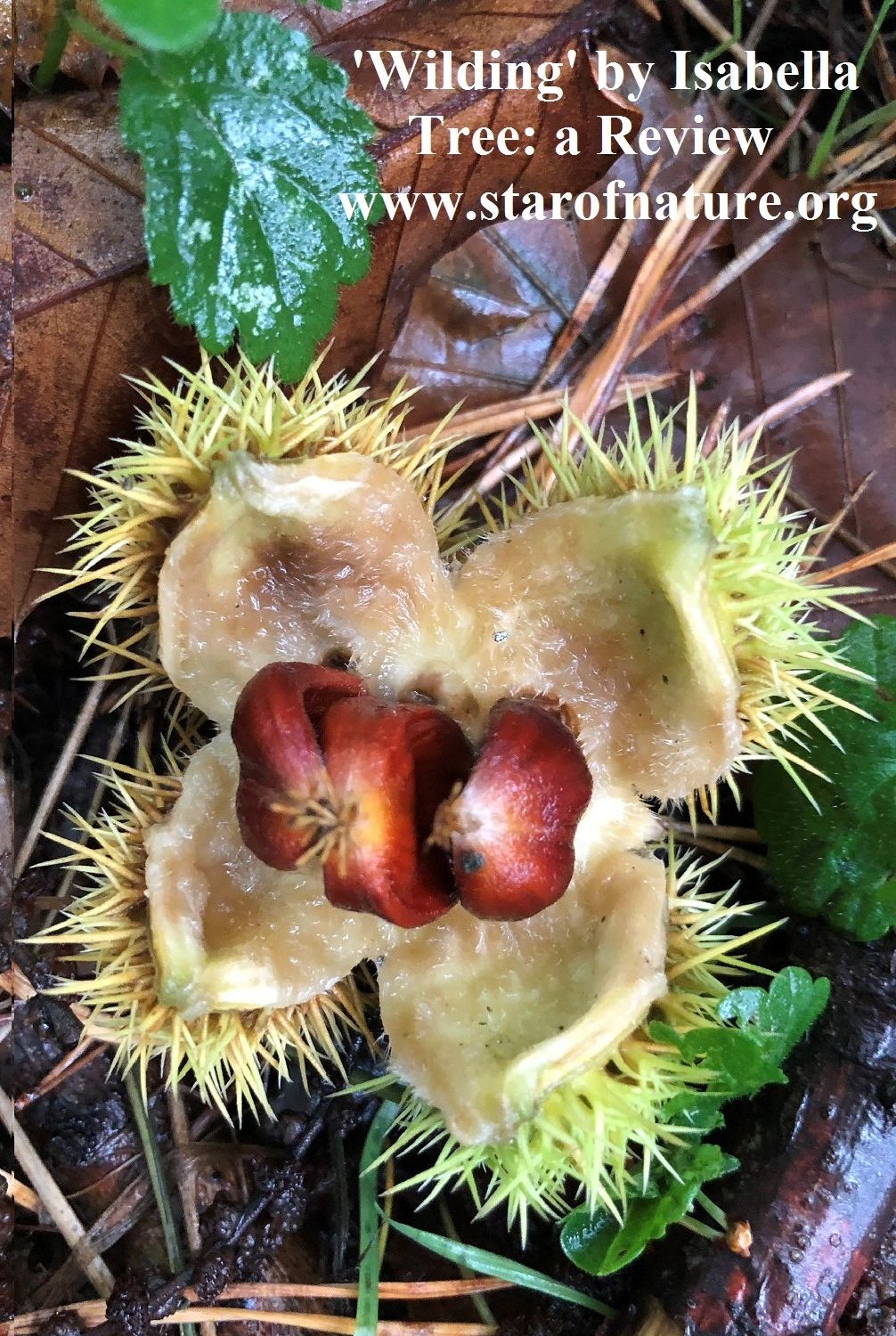
She questions the goal-driven frameworks of much conservation work: when there is no preferred end state, formerly rare and even vanished species tend suddenly to reappear. Tree is a trenchant critic of the intensive agriculture that has led to soil degradation and erosion. Wilding is more than the story of a single project, however ambitious. It feels as though the oscillating susurration of their wingbeats, pounding away on their supernatural wavelength, might dissolve the world into atoms.” “But tens of thousands have a breath of their own, like the backdraft of a waterfall or an accumulating weather front.

“The sound of a single butterfly is imperceptible,” she writes. Surprised by a “blizzard” of painted lady butterflies in July 2009, Tree experiences what could be called the auraculous – a miracle of noise. The book contains moments of lyricism and revelation. Sussex dialect apparently has more than 30 words for kinds of mud: clodgy for a muddy field path after heavy rain gawn – sticky, foul-smelling mud gubber – black mud of rotting organic matter ike – a muddy mess pug – sticky yellow Wealden clay slab – the thickest type of mud. Tree writes with grace about a legion of doubts, obstructions and delays. Even nightingales and turtle doves, whose numbers have crashed nationwide, are returning. The increase in the variety and abundance of birds has been particularly astonishing. Scrubland, wetland and other habitats are gradually rewiring themselves as herbicides and pesticides disappear.

Formerly common plants – but also rare ones – have returned in profusion, together with insects, bats and other organisms.

In what has become a glorious “mess”, the animals live out in the open all year round and give birth unassisted by humans. The project, which began in 2001, is perhaps unique in England, and the results have been spectacular. The book describes an attempt to renew the ecosystem, after decades of intensive agriculture of some 1,400 hectares owned by Tree’s husband Charlie Burrell at Knepp in West Sussex.

“We have reduced the forest to a wasteland,” says the eponymous hero: “How shall we answer our gods?” That such despoliation has accelerated in recent decades is now a familiar idea, but I recommend anyone prone to despair to read Wilding – for Isabella Tree’s apparently quixotic tale of Exmoor ponies, longhorn cattle, red deer and Tamworth pigs roaming free on an aristocratic estate is a hugely important addition to the literature of what can be done to restore soil and soul. L ament for the human destruction of the non-human world dates back to at least The Epic of Gilgamesh, which was written in about 2100 BC.


 0 kommentar(er)
0 kommentar(er)
